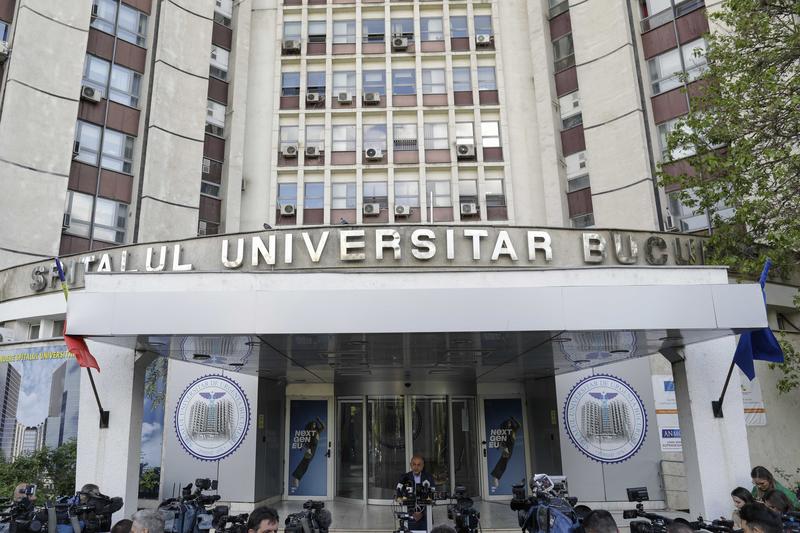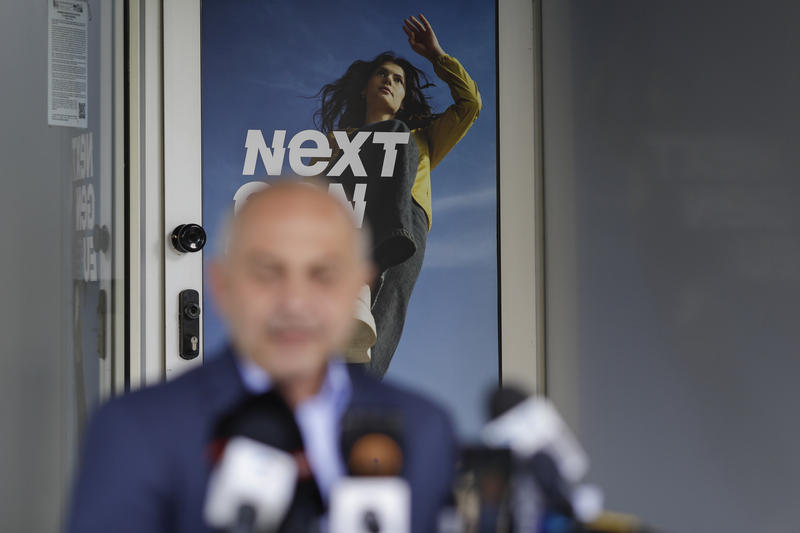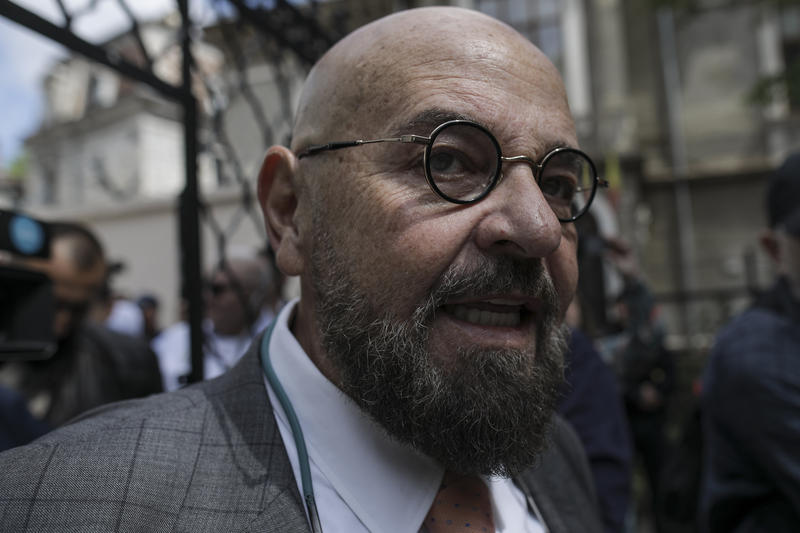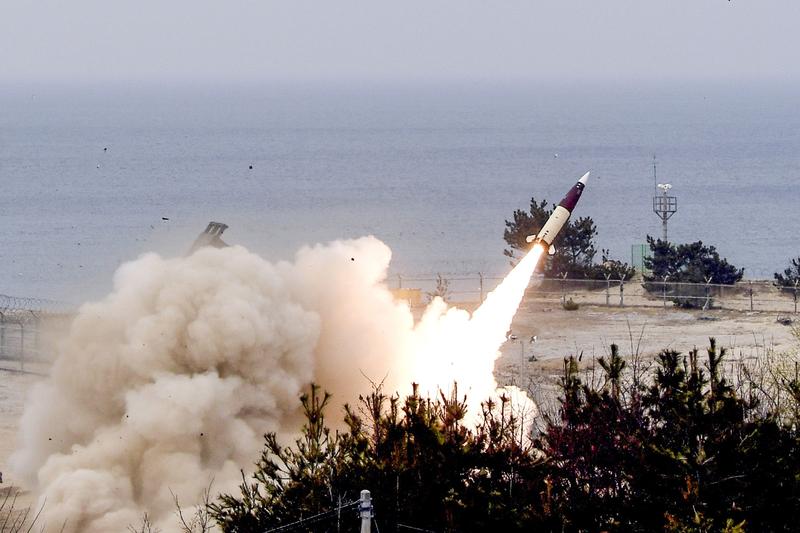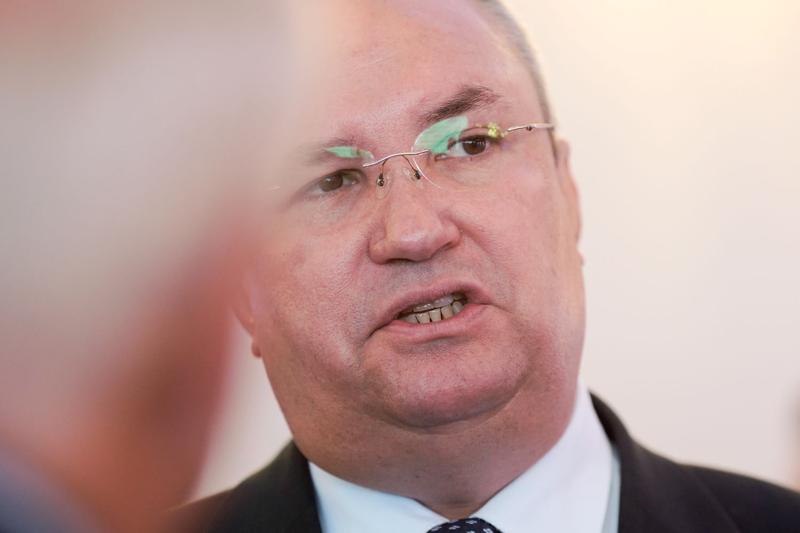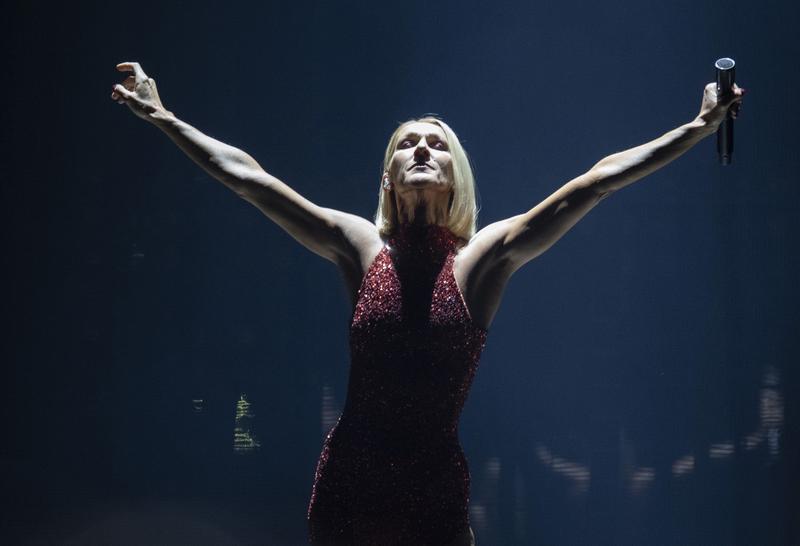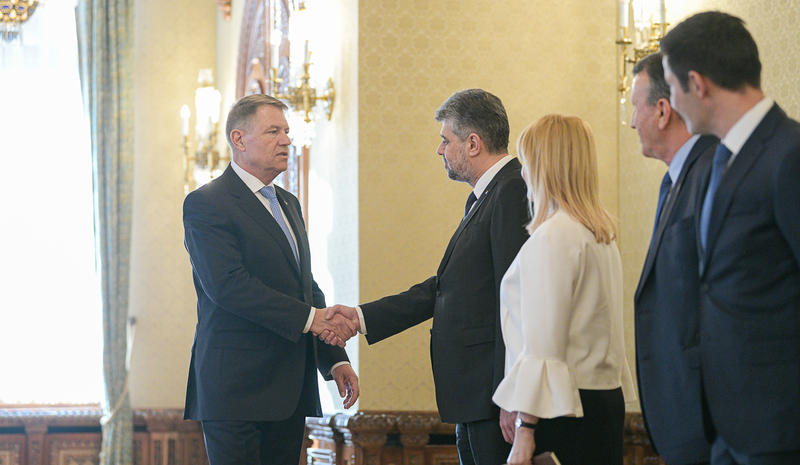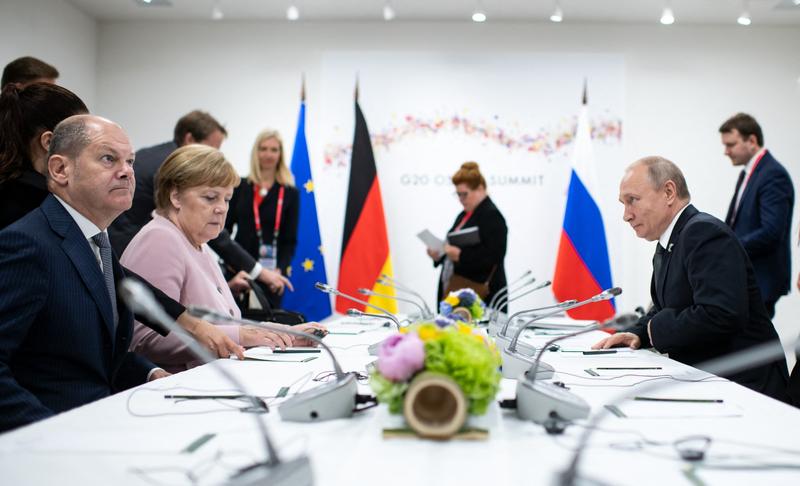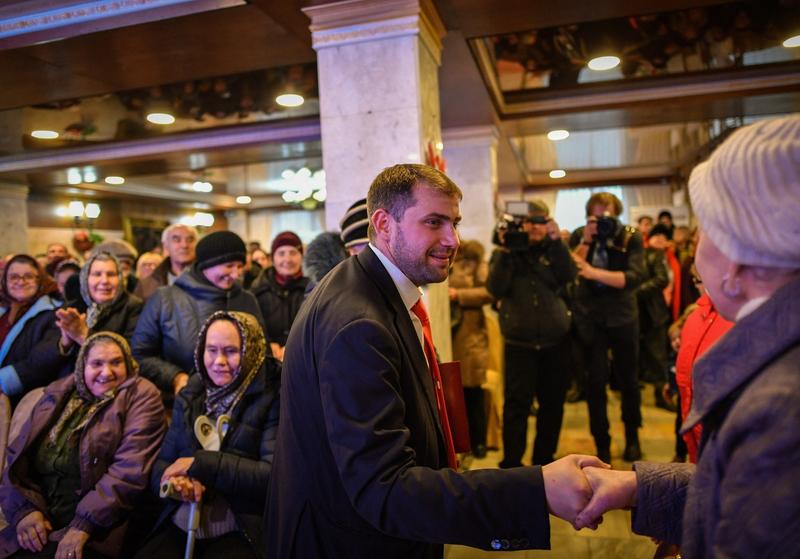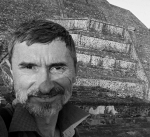Some 18 million Romanian voters are invited to choose their leader for the next five years in a second round of presidential elections on Sunday, which sees incumbent head of state Traian Basescu facing Social Democratic Party (PSD) leader Mircea Geoana at the end of a tight race with major ups and downs over the past two weeks.
Polls open at 7.00 in the morning and are due to close at 9 p.m., when exit polls are also set to be announced by several TV stations.
In the first round of the presidential elections on November 22, Traian Basescu got 32.44% of the votes, followed by Mircea Geoana with 31.15% and Liberal candidate Crin Antonescu with 20.02%. Some 53% of Romanian voters showed up to cast their ballot on November 22.
Who are the two candidates for the top job in the country for the next five years:
- Traian Basescu: Born 1951. He won his first term as President of Romania in the 2004 presidential and general elections, after his ally, Theodor Stolojan, opted to withdraw his presidential candidacy. He had a first term marked by tensions between him and his party, the Democratic Liberals, on one hand, and the Liberal partners in the coalition government, on the other hand. He was also involved in major disputes with the Parliament and survived a referendum to have him dismissed in 2007. Before 2004, he served as Mayor of Bucharest.
- Mircea Geoana: Born 1958. Serving serves as President of the Social Democratic Party (PSD) since 2005. For the past years he has had to face opposition of influential leaders of his own party, but managed to group the PSD to support his presidential candidacy. He had served as Romania's Ambassador to Washington in the late nineties and then as Foreign minister in the early 2000's. He now serves as speaker of the Senate.
Prior to the first round of elections, the campaign of the originally 12 candidates focused largely on attacks against incumbent President Traian Basescu, who runs for a renewed term in office, and on Basescu's resistance against these attacks and his criticism of what he calls media moguls - influential businessmen who are at the helm of major media groups in the country. Little focus was paid to political platforms.
The elections take place amid serious political and economic turmoil: the political parties of the leading candidates have been deadlocked over the formation of a new government, further reform and measures aimed at tackling the economic crisis.
The first part of the campaign was commented upon by the OSCE, which among other things noted a biased coverage of the campaign by some media outlets, but that overall the campaign was not marked by serious issues.
Shortly after exit polls were announced on November 22, the major battle between Geoana and Basescu began with the third-placed, Crin Antonescu, announcing his support for Geoana on Monday, the first day after the poll. Antonescu's Liberals and Geoana's Social Democrats, along with other parties joined forces to jointly support Geoana and promising a majority in the Parliament to guarantee a stable government led by what they say was an independent - Klaus Johannis, currently the mayor of Sibiu, Central Romania.
Within days, while Basescu was invited in a talk-show at a TV news station he had been avoiding, Realitatea TV, owned by businessman Sorin Ovidiu Vantu, he was faced with images from an electoral campaign back in 2004. The TV station, the newspaper which first put up the record on the Internet and other TV channels suggested or openly claimed that the images - the authenticity of which was not previously checked - showed Basescu was hitting a boy during a 2004 campaign meeting. Another media group owner and influential businessman, Dinu Patriciu, claimed he witnessed the incident and that Basescu hit the boy twice.
While the authenticity of the original images has not been confirmed and that of footage posted on the internet was dismissed, the video was broadcast in heavy rotation by TV channels.
A week later, prior to the final televised debate on Thursday, images appeared in the media showing Geoana meeting Sorin Ovidiu Vantu late on Wednesday night. The issue was a major hit during the final debate, with Basescu associating Geoana with Sorin Ovidiu Vantu - whom many Romanians consider responsible for the collapse of an investment fund about a decade ago, in which many were left without their lifetime savings. And that came as Geoana had previously said in an interview that he believed Vantu was "evil".
Both Vantu and Geoana admitted on Thursday evening that they had met the previous night.
The two incidents have seriously marked the later phases of the electoral campaign, in which Geoana depicted himself as a guarantee of political unity following the turmoil of Basescu's first term in office, while Basescu presented himself as the man who defends the Romanians against the interests of a chosen few who he alleges are the men behind Geoana.
According to Romanian law, the electoral system used for the election of the President is the majority-based, uninominal system. The candidate with a majority of votes is elected president.
